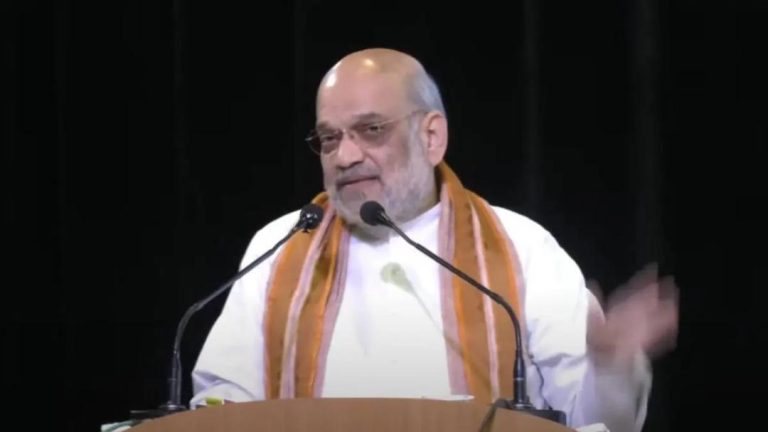
Title: OpenAI & Elon Musk Agree to Fast-Track Trial Over For-Profit Model
In a surprising turn of events, OpenAI and Elon Musk have agreed to fast-track a trial regarding OpenAI’s transition to a for-profit model, according to a court filing. This development comes after a court earlier denied Musk’s request to pause OpenAI’s transition to the model.
Last year, Musk sued OpenAI and its CEO Sam Altman, accusing the company of straying from its original goal of creating AI for humanity’s benefit. OpenAI was founded in 2015 with the aim of creating AI that is beneficial to humanity, and Musk was one of the earliest backers of the organization. However, Musk claims that OpenAI has abandoned its original mission and is now focused on making a profit, which is why he decided to take legal action.
The lawsuit filed by Musk alleges that OpenAI’s transition to a for-profit model is a breach of the company’s initial agreement with Musk, which stated that the company would prioritize the development of AI for the benefit of humanity. Musk claims that the transition to a for-profit model will lead to the exploitation of AI for personal gain, rather than for the benefit of humanity.
OpenAI, on the other hand, has maintained that its transition to a for-profit model is necessary to achieve its goal of creating AI that is beneficial to humanity. The company claims that its new business model will allow it to scale its operations and attract more investors, which will ultimately benefit the development of AI.
In response to Musk’s lawsuit, OpenAI has argued that the company has the right to decide its own business model and that Musk’s claims are based on a misunderstanding of the company’s goals. OpenAI has also claimed that the company has not abandoned its original mission and is still committed to developing AI that is beneficial to humanity.
The fast-tracking of the trial is a significant development in the case, as it means that the dispute between OpenAI and Musk will be resolved more quickly than initially anticipated. The trial is expected to provide clarity on the future of OpenAI and its goals, as well as the implications of the company’s transition to a for-profit model.
The controversy surrounding OpenAI’s transition to a for-profit model has sparked a wider debate about the future of AI and its potential impact on society. Some experts have raised concerns about the potential risks and consequences of creating AI for profit, including the possibility of AI being used for malicious purposes or the exploitation of AI for personal gain.
Others have argued that the transition to a for-profit model is necessary for the development of AI, as it will allow the company to attract more investors and scale its operations. They believe that the benefits of AI, such as improved healthcare and education, outweigh the potential risks and that the company’s commitment to developing AI for the benefit of humanity remains unchanged.
The fast-tracking of the trial will provide an opportunity for the court to weigh in on the dispute and determine the future of OpenAI. The outcome of the trial will have significant implications for the development of AI and the potential impact it will have on society.
In conclusion, the agreement between OpenAI and Elon Musk to fast-track the trial regarding OpenAI’s transition to a for-profit model is a significant development in the case. The outcome of the trial will have significant implications for the development of AI and the potential impact it will have on society. The controversy surrounding OpenAI’s transition to a for-profit model has sparked a wider debate about the future of AI and its potential impact on society, and the fast-tracking of the trial will provide an opportunity for the court to weigh in on the dispute.






